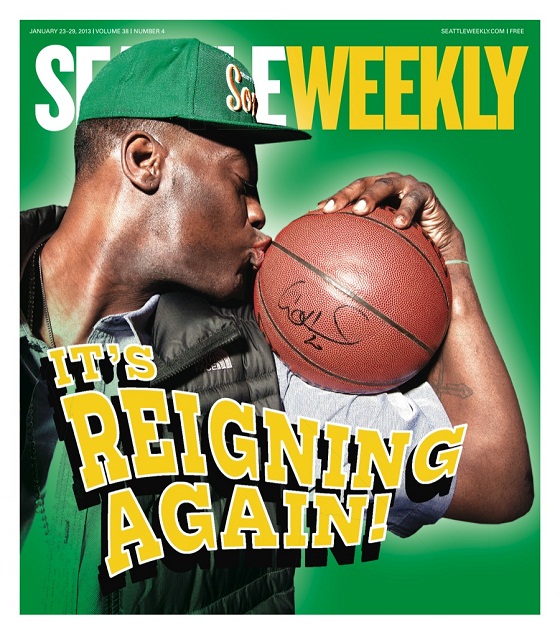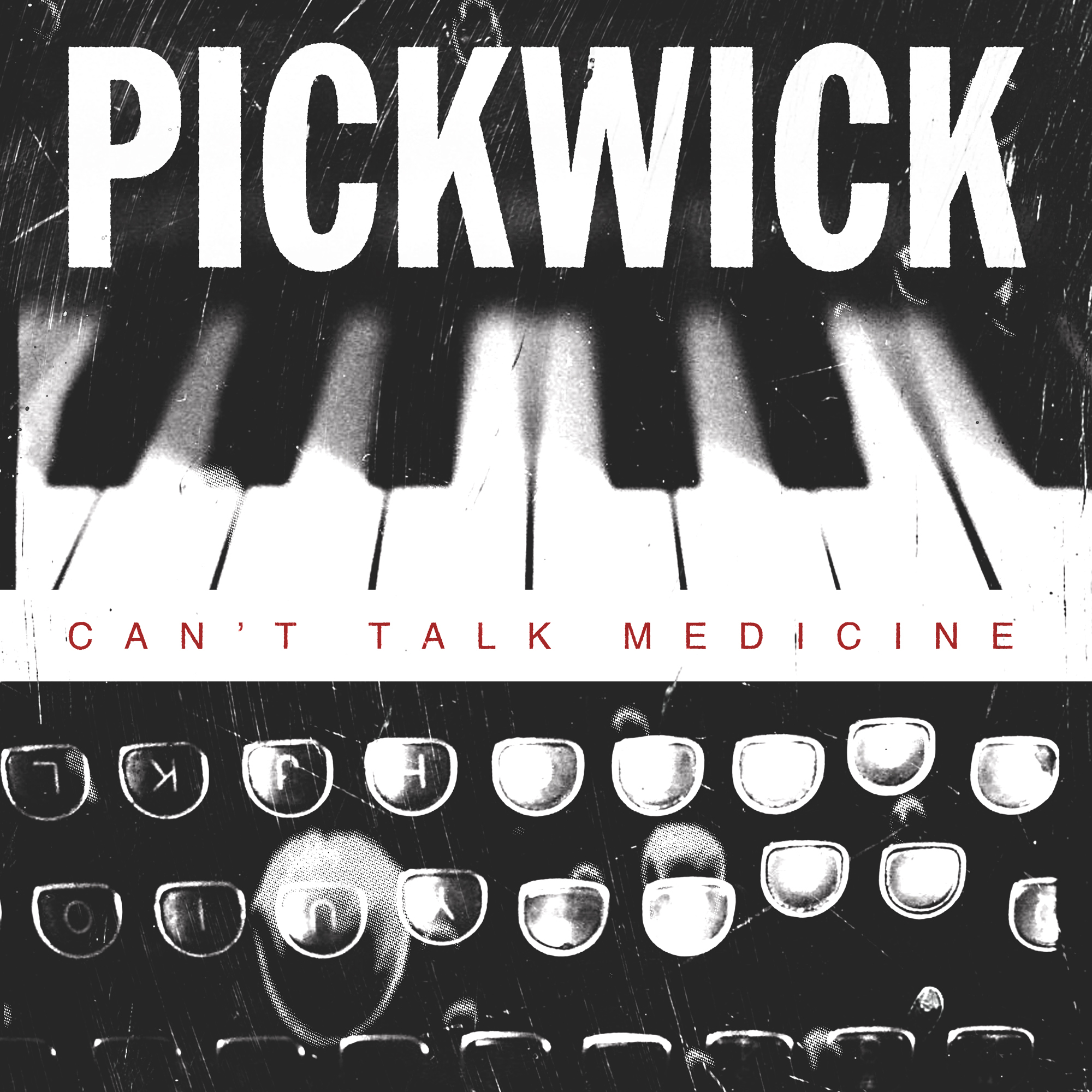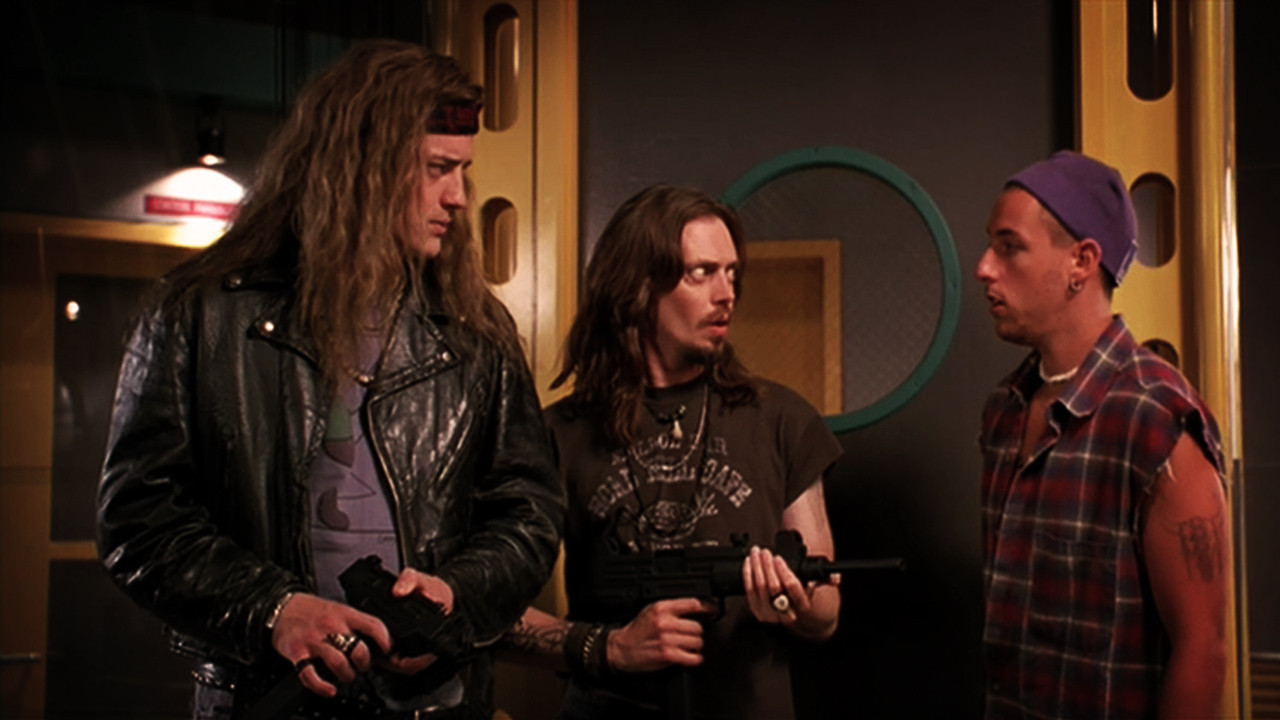Having already birthed a pair of offshoots (Hardly Art and the now-defunct Die Young Stay Pretty), Sub Pop’s going into business with KEXP’s Best Ambiance DJ Jon Kertzer to launch Next Ambiance, a world-music label that will issue its first digital release, Bassekou Kouyate & Ngoni ba’s I Speak Fula, on Dec. 1.
U.S. audiences will get a chance to see the band live for the first time when they join Bela Fleck on a tour that hits the Triple Door on March 16. And hearing an African artist like Kouyate in a live setting, Kertzer says, is critical to understanding the music.
“For me, it was seeing King Sunny play live that got me seriously interested in the music,” Kertzer says. “I think seeing it and dancing to it and directly relating to it will help a lot.” [Read what Sub Pop’s Jonathan Poneman had to say here on our music blog, Reverb.]
SW: How does the band feel about working on the same label as Nirvana and Soundgarden?
Kertzer: Well, they’re very excited in general about being on this new label. I would think with a group from Mali, I’m not sure how knowledgeable they are about Sub Pop in particular but they are very excited about coming to the United States for the first time. And they know that it’s a significant label and they’ll get a lot of support.
Jazz accounts for something like three percent of the albums sold in this country. What’s the market share for the Next Ambiance blend of world music?
Well, I would say in general world music is probably in the same level as jazz or blues and folk, just a few percentage points. But there have always been exceptions to that rule, and there’s been some fairly major successes in world music that have broken that rule. Like, for instance, the Buena Vista Social Club record that sold three million copies.
It’s true that generally the non-English language market is smaller. But it’s true [that] it’s been a niche of just a few percentage points. But you could probably say the same thing about alternative rock or lots of other things. Basically, I think a lot of music has been getting down to more specialized niches recently, and there’s less of a big mass center as there used to be.
You think this record has the potential for mass appeal like the Buena Vista Social Club?
Well, that’s one reason Jonathan and I were so interested in it. This artist is really exceptional. You could see it when we were in London a couple weeks ago. The group played on this BBC show with Jools Holland, and on the same show was Jack White’s new band, The Dead Weather, Basements Jaxx, and all these different bands. They definitely fit right in. These guys could play with anybody.
Was there a specific African-music record that turned you on to this kind of music?
It wasn’t just the record but seeing the band live: King Sunny Ade’s Juju Music that [the label] Mango put out in 1982. I was actually leaving to do some field work in London, and I heard an interview with him the week before I left. That kind of led me to study African music seriously.
How do you react to the lyrics of a song that’s not in a language that you speak?
African music translates because it has the inherent rhythmic roll, just like rock and roll does, [which] comes from African music. That’s kind of a roundabout way of saying that African music is more of the roots of our popular music in the West. Boy, that sounds kind of academic, doesn’t it?








